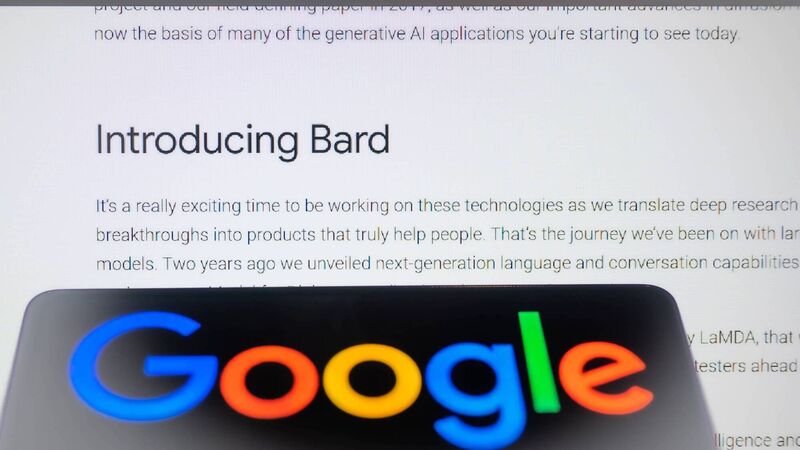Explainer: Why did Google’s ChatGPT rival go wrong and are AI chatbots overhyped?

Google said the Bard error underlined the need for ‘rigorous testing’ on the AI chatbot. Photograph: Jonathan Raa/NurPhoto
Google’s unveiling of a rival to ChatGPT had an expensively embarrassing stumble on Wednesday when it emerged that promotional material showed the chatbot giving an incorrect response to a question.
A video demo of the Google chatbot, Bard, contained a reply suggesting Nasa’s James Webb space telescope was used to take the very first pictures of a planet outside the Earth’s solar system, or exoplanets.











